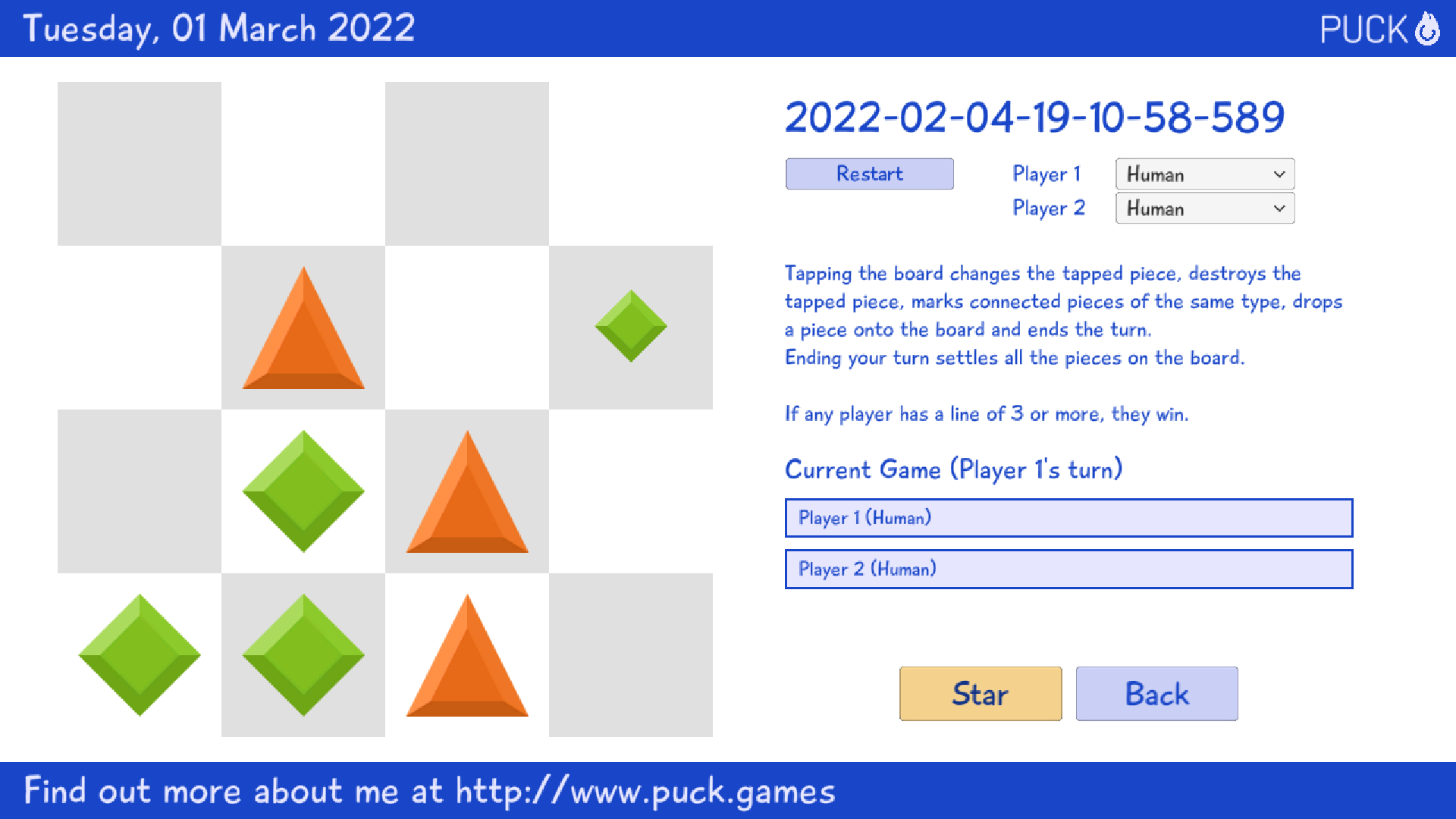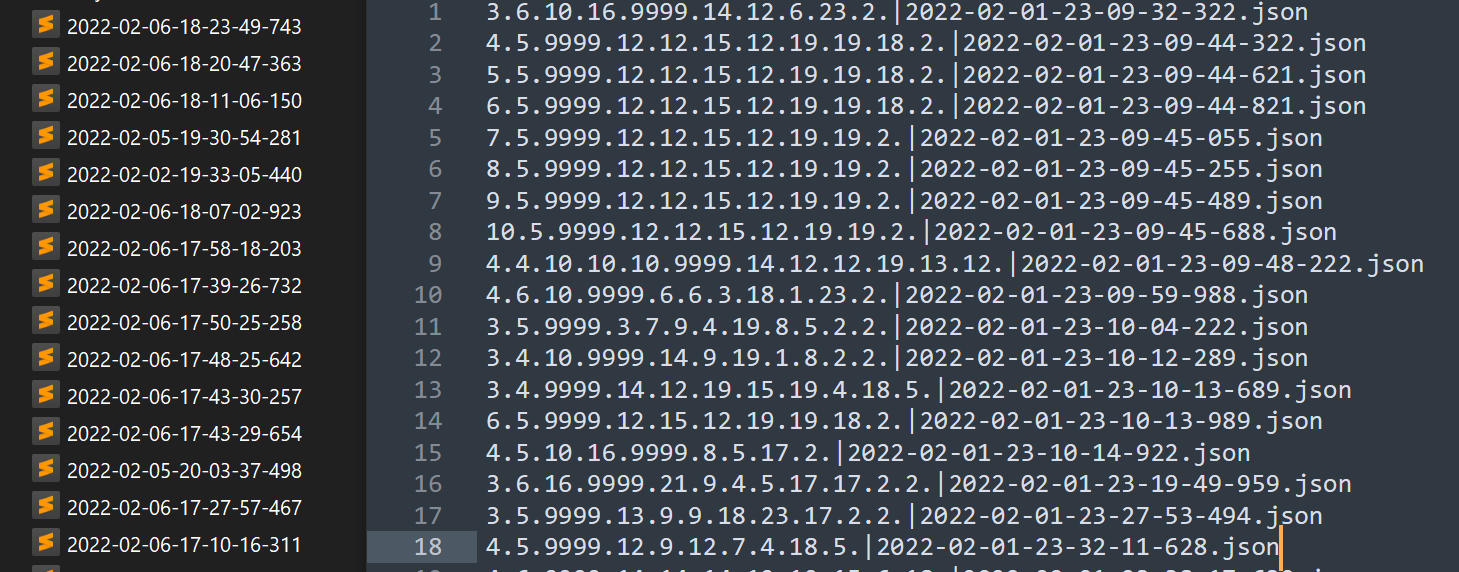Frequently Asked Questions

What is Puck?
Puck is a piece of software - just like your web browser or a videogame. When you load it up, you currently can do two things:
1. Let Puck work on its games - creating game designs, testing them by playing them, and recording the results in a big file system.
2. Play games designed by Puck in the past, either on your own, with friends, or against Puck.
Puck is a research tool - it's being developed by AI researchers interested in how AI can be creative and do creative things like game design. You can learn more about automated game design in this talk, here.

Who owns the games Puck designs?

No-one really knows! A lot of people in areas like law and public policy are trying to figure out how to answer these questions and hopefully protect people in the future from things like having their work stolen or misused.
For what it's worth, we just want to make two points here:
1. We - meaning the people who designed Puck - don't make any claims of ownership over the games generated by your version of Puck. We don't own them, we'll never own them. We don't want to claim ownership over anything you create with your version of Puck. We don't know if they're yours, but they're not ours.
2. That doesn't mean they are unique ideas. Puck can and will reinvent existing game ideas, like Connect 4. And, importantly, other Pucks might come up with the same idea as yours. This will happen a lot, especially at the beginning when the number of possible game designs is quite small.
Our general rule of thumb is to treat anything Puck makes like a friend suggested it to you. You can do whatever you want with the idea, but you should still check to make sure someone else hasn't had the same idea first. (And if you want to credit Puck if you do use it, that's awesome)
Does Puck gather data/track me/record information about me?
No. Your Puck is yours, it lives on your computer, and it only interacts with people you introduce it to. All of the data your Puck has - all of the records of gameplay, and all the cool features we're hoping to add in the future - are local to you.
We may sometimes try and run experiments with Puck. If we do this, it will be on a strictly opt-in basis, meaning you'll only join if you want to. We'll be very clear about this and let you know.
In the future we'd like to explore ways that different Pucks could communicate, possibly, and we might also make it easier to export and share games so you can send them to a friend and have them loaded into their version of Puck. But we'll aim to make all of these features clear and understandable, and we won't do anything without telling you.

What does Puck mean?

A Puck is a faerie or spirit from English mythology (similar creatures appear in many other countries too). Pucks were household spirits that would help people out with chores like cleaning or cooking, but only if people were nice to them. If not, they might micheviously undo their hard work, or steal something small like bread as payment.
We chose the name Puck because it represents the kind of relationship we want people to have with a system like this - not as a servant or a tool, but as a friend who should be treated nicely, who can help, and who can be playfully unhelpful too.
We encourage you to name your own version of Puck if you like, to make it stand out from the rest.
Are there plans to update Puck?
Lots of plans! Due to the nature of research, it's hard to draw up an exact roadmap - this is a one-person team for the most part, and priorities shift as different things become interesting or worthwhile. However, we're hoping to post about some of our future plans soon. They include things like new types of game for Puck to design, the ability to play your own games, and ways for you and Puck to teach each other about what makes a good game. We won't manage to get everything done, but it'll be fun trying!
Whenever we update Puck, our plan is to simply release a new version of the Puck app, which you download. All of your saved games and progress should be kept on your hard drive safely, and the new Puck will begin using them. In rare cases, it may be necessary to update or convert your game library, but we'll let you know if that happens and explain how to make a backup.

The research and development of Puck was funded in part by the Royal Academy of Engineering's Research Fellowship scheme, and was helped by both Queen Mary University of London and the Max Planck Institute for Software Engineering.